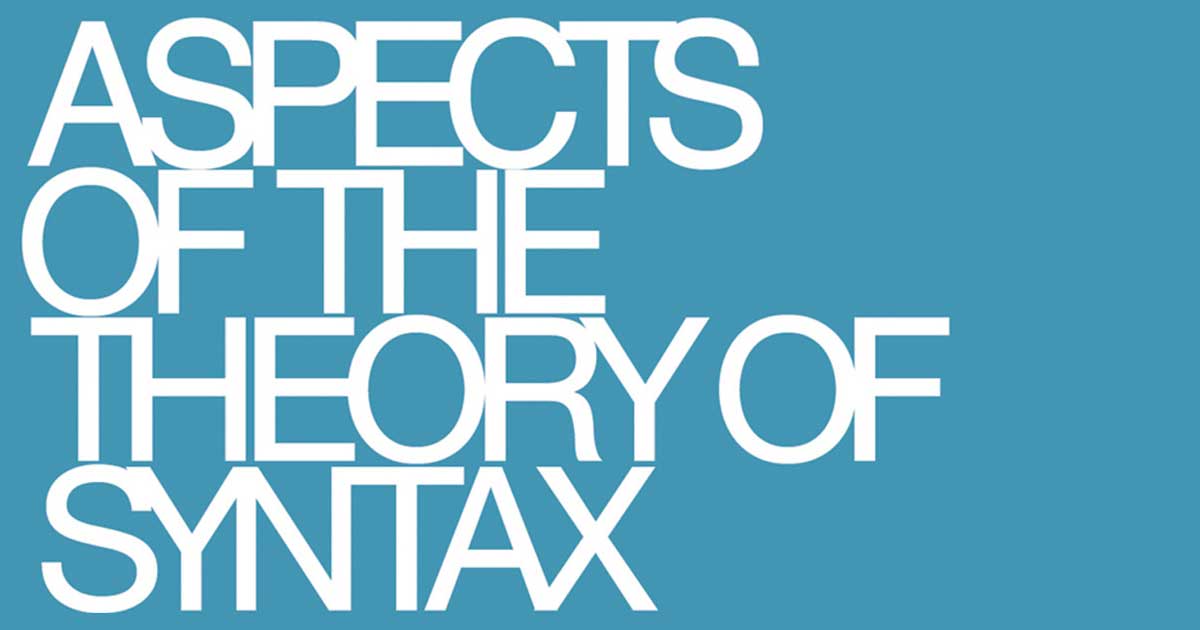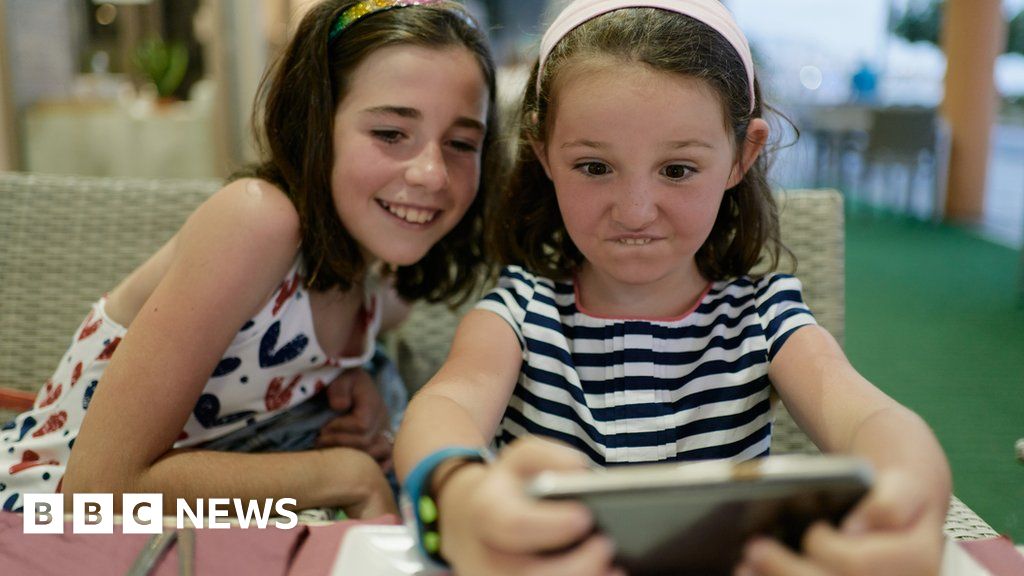
Battle Over Critical Race Theory
Critical race theory is the latest battleground in the culture war. Since the murder of George Floyd last year, critical race theory’s key concepts, including “systemic racism,” “white privilege,” and “white fragility,” have become ubiquitous in America’s elite institutions. Progressive politicians have sought to implement “antiracist” policies to reduce racial disparities, such as minorities-only income programs and racially segregated vaccine distribution.
The ideology has sparked an immense backlash. As Americans have sought to understand critical race theory, they have discovered that it has divided Americans into racial categories of “oppressor” and “oppressed” and promotes radical concepts such as “spirit murder” (what public schools supposedly do to black children) and “abolishing whiteness” (a purported precondition for social justice). In the classroom, critical race theory-inspired lessons have often devolved into race-based struggle sessions, with public schools forcing children to rank themselves according to a racial hierarchy, subjecting white teachers to “antiracist therapy,” and encouraging parents to become “white traitors.”
Alarmed state legislators have pushed back. In recent months, lawmakers in 24 states have introduced, and six have enacted, legislation banning public schools from promoting critical race theory’s core concepts, including race essentialism, collective guilt and racial superiority. Parent groups around the country have mobilized to oppose critical race theory in the classroom, arguing that it cultivates shame in white students and fatalism in minority students. According to a recent YouGov survey, of the 64% of Americans who have heard about critical race theory, 58% view it unfavorably, including 72% of political independents.


















/cdn.vox-cdn.com/uploads/chorus_asset/file/25336775/STK051_TIKTOKBAN_CVirginia_D.jpg)





